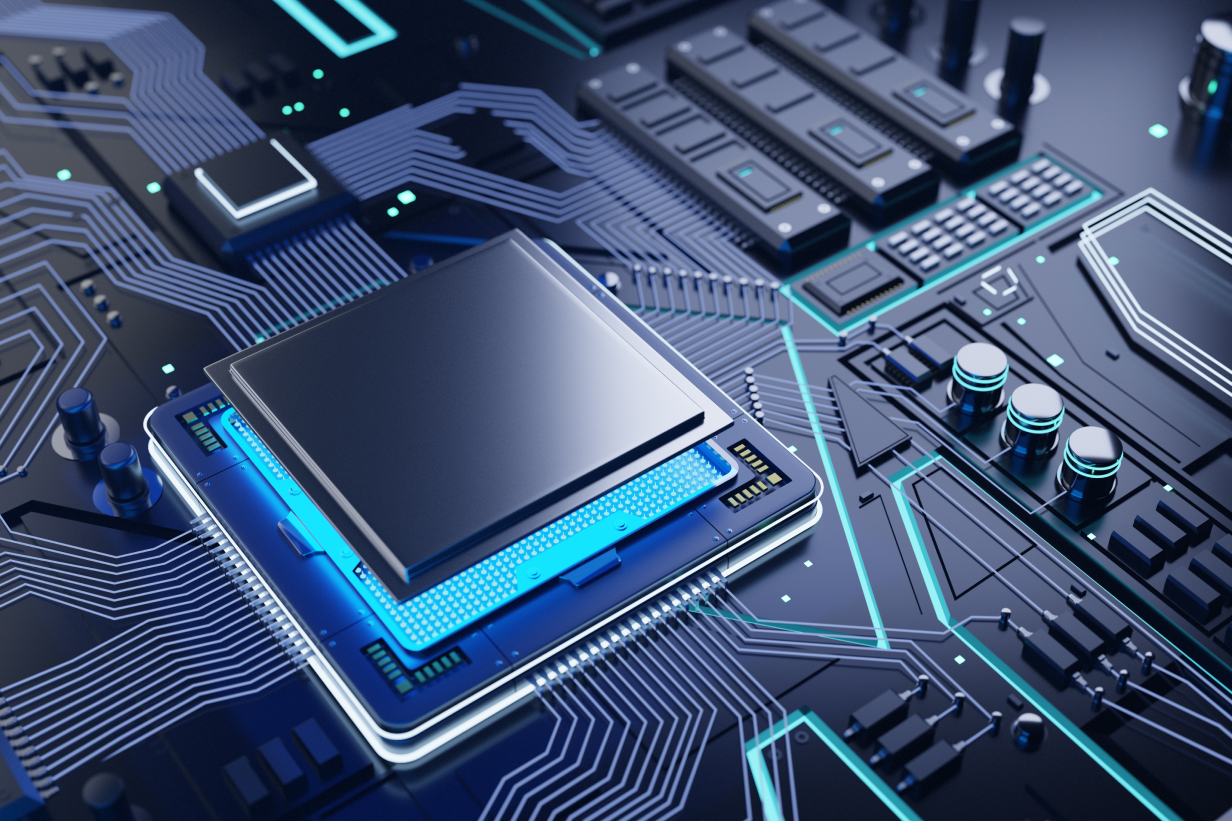Home > Embedded developers
Embedded developers
15.11.2023

Embedded Developers: The Key to Building Smart and Connected Devices
The world is becoming increasingly connected, with more and more devices being equipped with sensors, processors, and connectivity features. These smart and connected devices are changing the way we live and work, from smart homes and wearables to industrial automation and autonomous vehicles. At the heart of these devices are embedded systems, which are designed and programmed by embedded developers. In this article, we will explore the role of embedded developers in building smart and connected devices, the skills required to become an embedded developer, and the future of embedded systems.
What is an Embedded Developer?
An embedded developer is a software engineer who specializes in designing and programming embedded systems. Embedded systems are computer systems that are integrated into other devices or products, such as cars, appliances, medical devices, and industrial equipment. These systems are designed to perform specific functions and operate within specific constraints, such as limited power, memory, and processing resources. Embedded developers work with a variety of programming languages and hardware platforms to design and develop software for these systems.
Skills Required for Embedded Developers
Embedded development requires a unique set of skills and knowledge. Here are some of the key skills required to become an embedded developer:
1. Knowledge of Embedded Systems Architecture: Embedded developers must have a deep understanding of the architecture and components of embedded systems, including microcontrollers, sensors, actuators, and communication protocols.
2. Proficiency in Programming Languages: Embedded developers must be proficient in programming languages such as C, C++, Python, and assembly language.
3. Familiarity with Hardware Platforms: Embedded developers must be familiar with hardware platforms such as Arduino, Raspberry Pi, and BeagleBone.
4. Understanding of Real-Time Operating Systems (RTOS): Embedded systems often require real-time processing capabilities, so embedded developers must have an understanding of RTOSs such as FreeRTOS and QNX.
5. Debugging Skills: Embedded developers must be skilled in debugging and troubleshooting hardware and software issues.
The Future of Embedded Systems
The demand for smart and connected devices is growing rapidly, and embedded systems are at the heart of these devices. The future of embedded systems is bright, with new technologies and applications emerging every day. Here are some trends that are shaping the future of embedded systems:
1. Internet of Things (IoT): The IoT is driving the growth of embedded systems, as more and more devices become connected to the internet. Embedded developers are playing a key role in designing and programming the software for these devices.
2. Artificial Intelligence (AI): AI is becoming increasingly important in embedded systems, as devices become more intelligent and capable of making decisions based on data analysis. Embedded developers are working on integrating AI algorithms into embedded systems.
3. Edge Computing: Edge computing involves processing data locally on the device, rather than sending it to the cloud for processing. This approach can improve performance and reduce latency, making it ideal for applications such as autonomous vehicles and industrial automation.
Conclusion
Embedded developers are the key to building smart and connected devices that are changing the way we live and work. These developers require a unique set of skills and knowledge, including an understanding of embedded systems architecture, proficiency in programming languages, familiarity with hardware platforms, knowledge of real-time operating systems, and debugging skills. The future of embedded systems is bright, with trends such as IoT, AI, and edge computing shaping the industry. As the demand for smart and connected devices continues to grow, so too will the demand for skilled embedded developers.